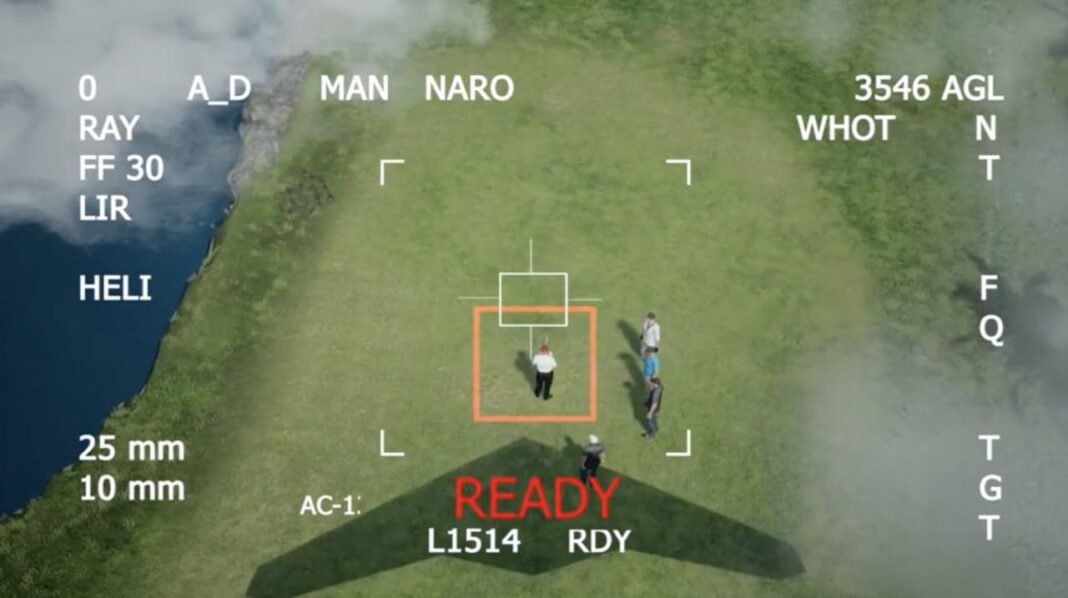“The US Secret Service takes all threats to our protectees seriously,” Secret Service spokesperson Justine Whelan told Newsweek.
But as per protocol, she would not get into detail about the process implemented to vet potential threats.
“In order to maintain operation security,” Whelan added, “the Secret Service does not discuss the means and methods used to conduct our protective operations or matters of protective intelligence.”
While open calls for retribution against the former president and his top officials have emerged steadily since the Jan. 2020 airstrike that killed General Soleimani along with the second-in-command of Iraq’s Popular Mobilization Forces at Baghdad International Airport, an uptick has manifested in the recent weeks surrounding the two-year anniversary of the event.
Some threats have been issued in the form of public speeches, such as when Iranian President Ebrahim Raisi demanded Trump “must be brought to justice, retribution must be carried out” against him and inner circle figures such as former Secretary of State Mike Pompeo during an address earlier this year.
“If the mechanism for a fair trial of Mr. Trump, Pompeo and other criminals is provided, they will be punished for their shameful acts in a fair trial for committing this horrific crime,” Raisi said, adding, “If not, I tell all American statesmen that do not doubt that revenge will come.”
Another warning came via an animated video published Thursday by the office of Supreme Leader Ayatollah Seyyed Ali Khamenei. The short clip depicts an imagined air raid in Call of Duty-like fashion involving spy drones and warplanes against Trump and his former officials as they play golf at his Mar-a-Lago resort in Palm Beach, Florida.
“Soleimani’s murder and the one who gave the order will pay the price,” reads a message seen in the video.
While Trump claimed the assassination was commissioned to prevent presumably imminent attacks on US personnel across the region, allegedly plotted by Gen. Soleimani, no evidence to back up such an assessment has ever emerged.
The assassination prompted an uproar in Iraq, with the country’s parliament adopting a non-binding resolution demanding the withdrawal of foreign troops from the country shortly after the killing.
Iran itself responded with a volley of ballistic missiles that hit two US-occupied bases in Iraq. While no US soldiers were reported killed in the strikes, some 110 received traumatic brain injuries.
